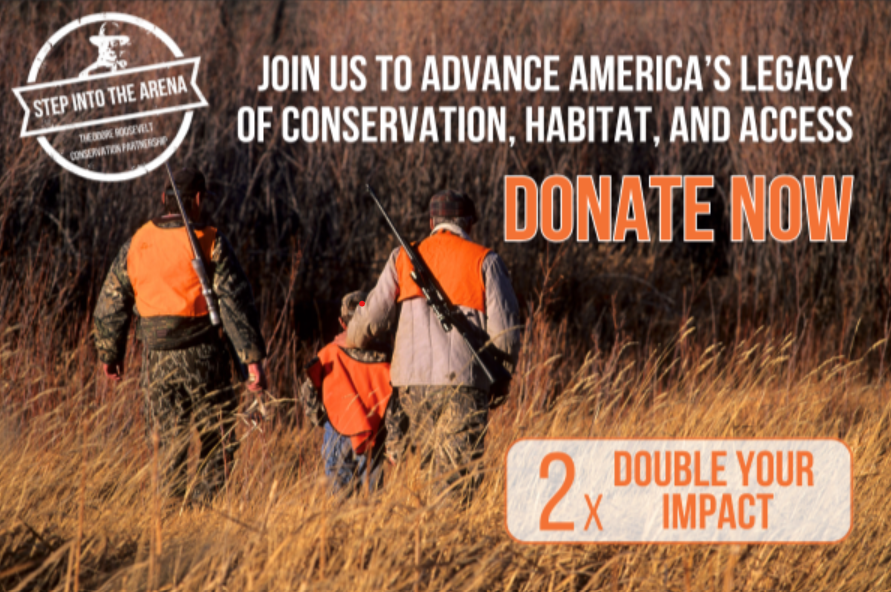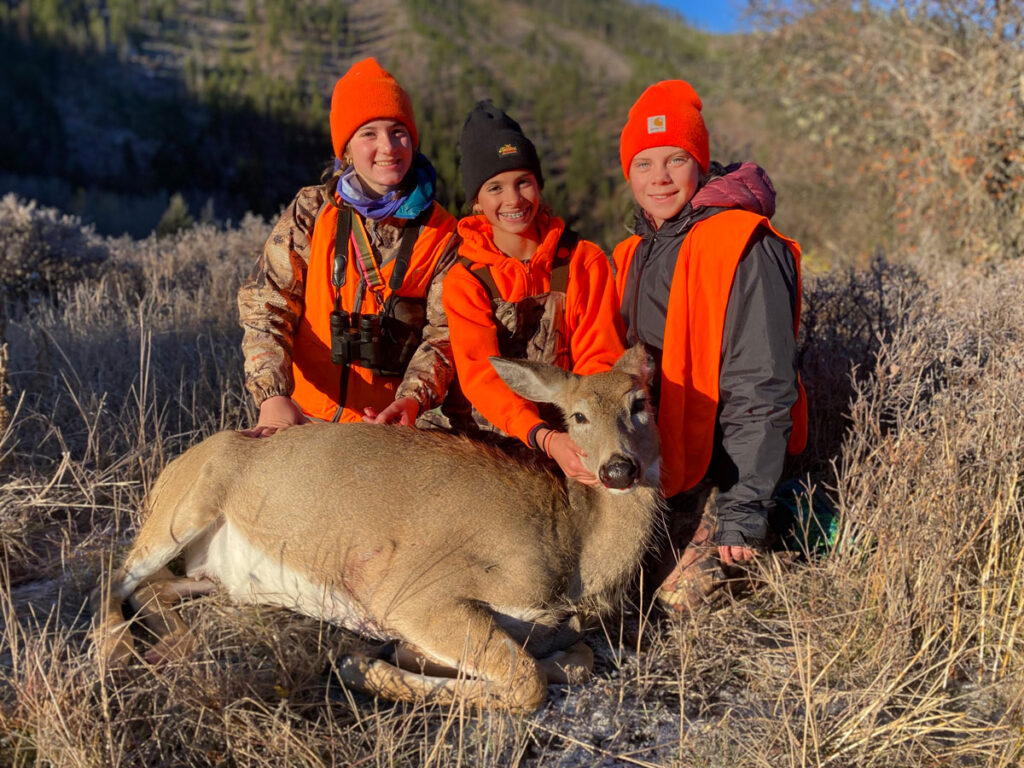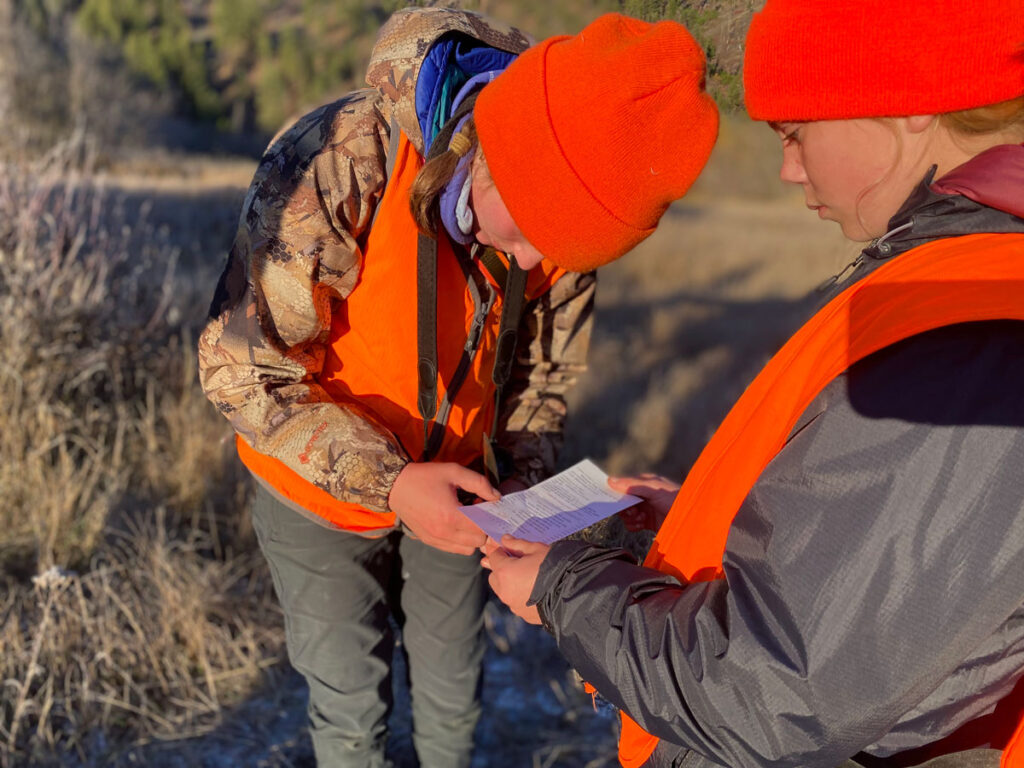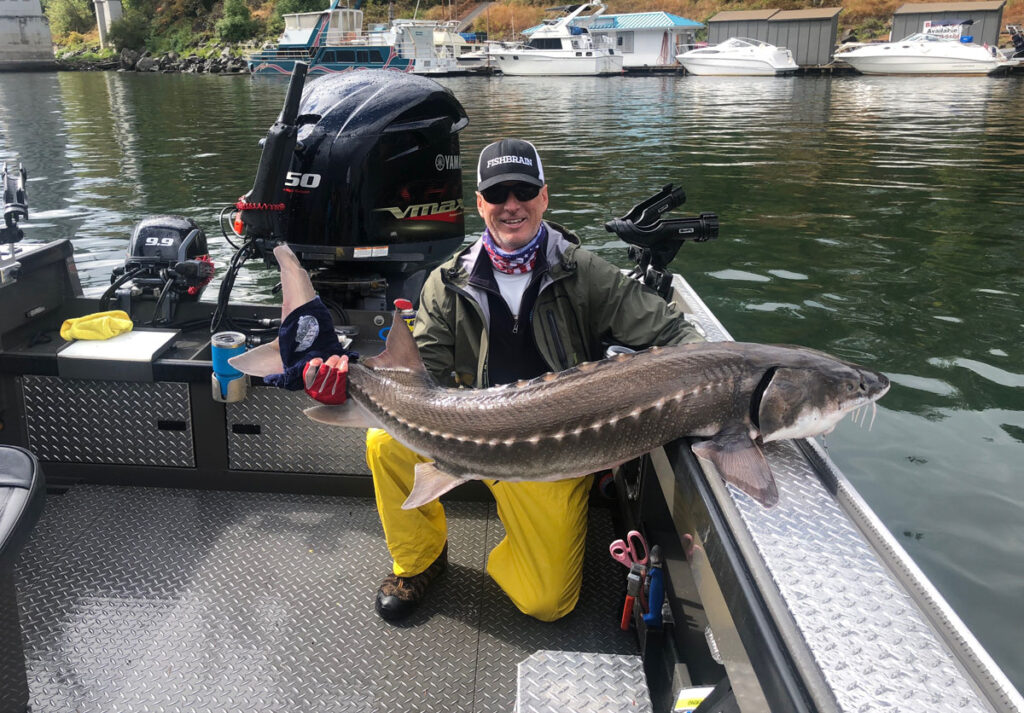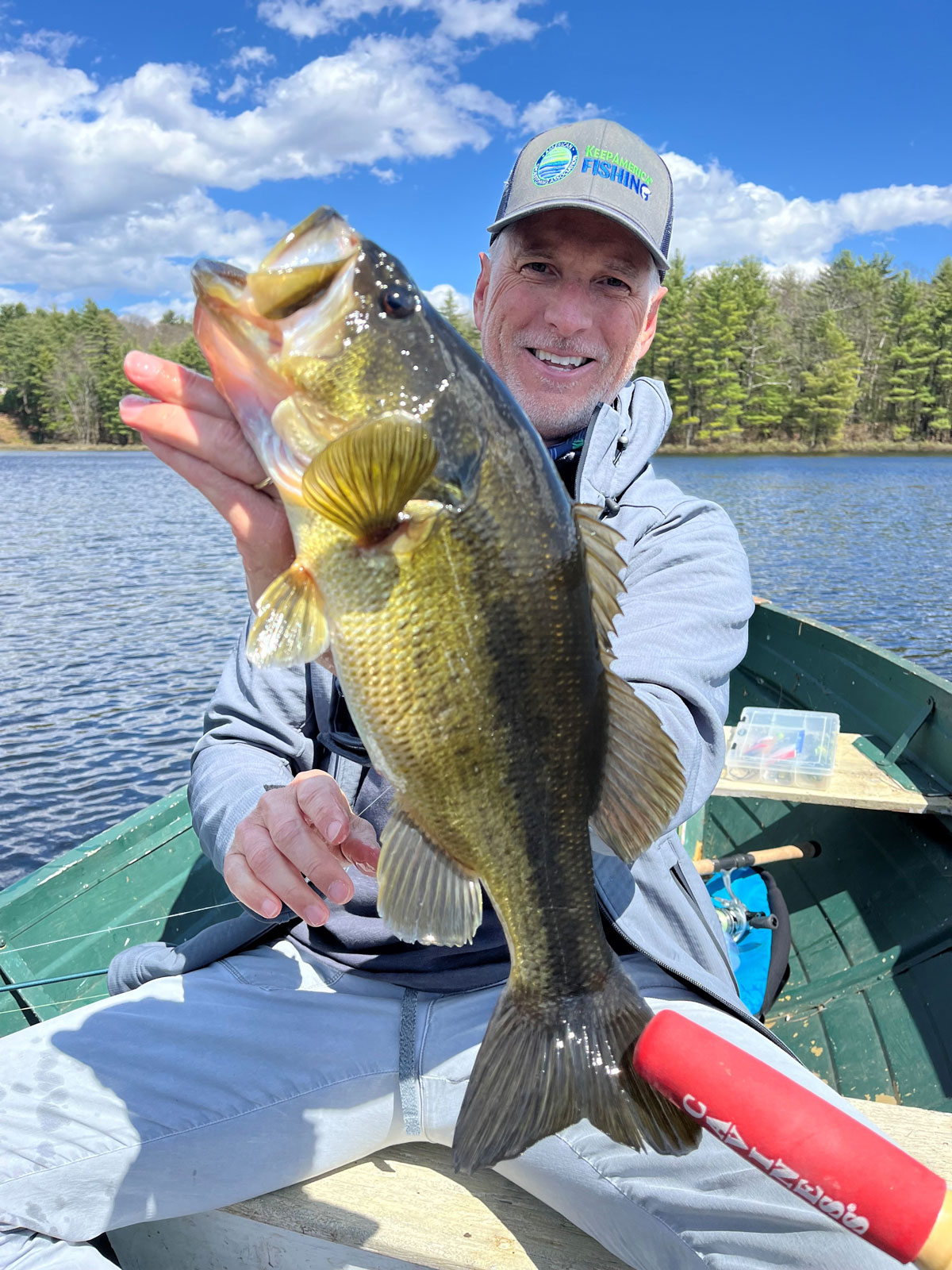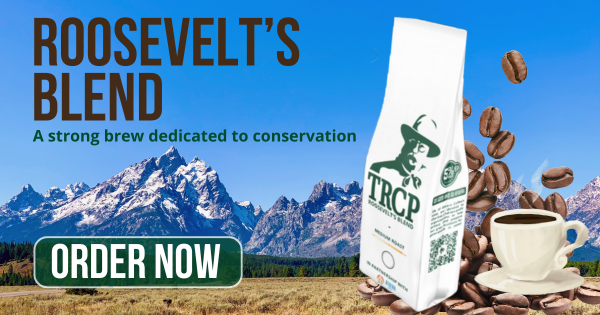Your support helped make these conservation successes possible
As the year draws to a close, we’re pleased to highlight some of our top conservation wins of 2024. We’re proud to say that hunters and anglers continue to speak out meaningfully on the issues that matter most to them. Thanks to you, and the actions of our 63 partners and 25 corporate partners, TRCP secured key victories for sporting access, conservation funding, and fish and wildlife habitat. Below, you’ll find our top achievements to date in 2024.
Given all that we’ve accomplished this year to guarantee Americans quality places to hunt and fish, we hope you’ll consider stepping into the arena and supporting TRCP during this season of giving. From now until January 1, 2024, every donation you make will be matched by a TRCP Board member up to $500,000, doubling your impact for conservation.
Here are our top achievements to date in 2024.
Enhancing Access to Public Lands
As blessed as American hunters, anglers, and other recreationists are with public land and water resources, we are not free from difficulties and confusion when it comes to public access. That’s why the Theodore Roosevelt Conservation Partnership continued to work hard in 2024 as we strive to solve the most pressing public land and water access challenges.
Below are a few public access wins from 2024:
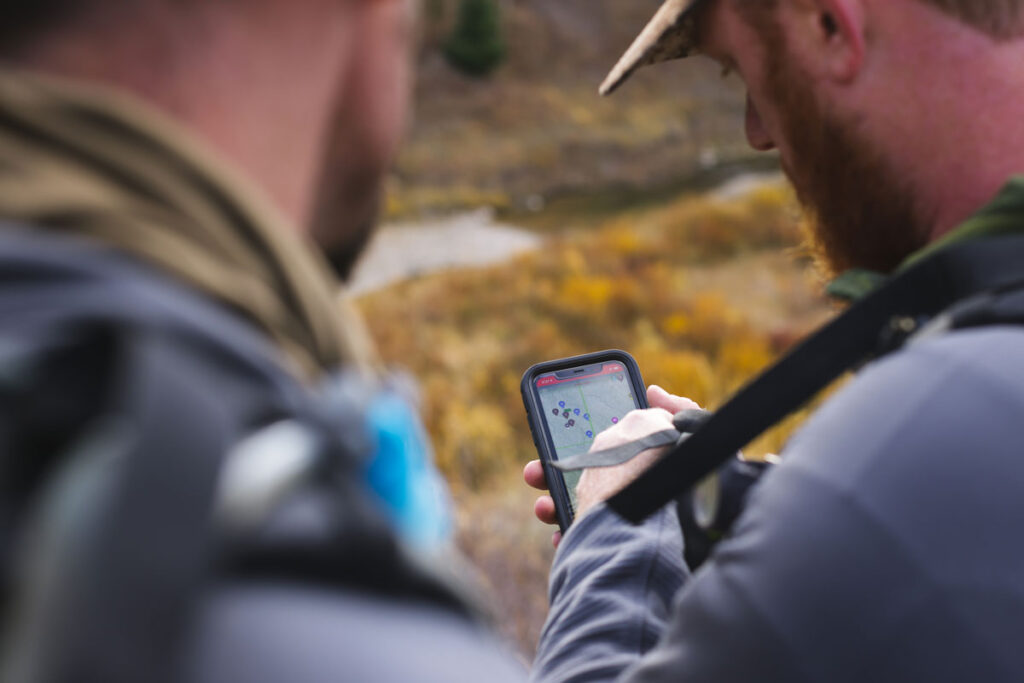
The Passage of the Bipartisan EXPLORE Act to Improve Access to Outdoor Recreation
- The EXPLORE Act is a first of its kind recreation package that would improve access to the outdoors and modernize recreation infrastructure. This comprehensive legislative package would expand access opportunities to a variety of public land users, streamline permitting processes for businesses focused on providing recreation opportunities, and modernize outdoor infrastructure. Learn more
The MAPWaters Act to Enhance Access to Public Waters
- The MAPWaters Act builds on the success of the MAPLand Act—and would direct federal agencies to digitize water and fishing access and recreational use information on federal waterways such as restrictions on motorized propulsion, horsepower, or gasoline fuel; types of watercraft permitted on certain waters; the location and boundaries of fishing restrictions, and more. This bill is one step away from the President’s desk. Learn more
Public Lands in Public Hands Act Introduced in the House of Representatives
- Public Lands in Public Hands Act would maintain valuable hunting and fishing access for sportsmen and women. This bipartisan legislation would require congressional approval for the sale and transfer of public lands to non-federal entities in most instances. Learn more
Introduction of MAPOceans Act in the Senate
- This bill will enhance and expand recreation opportunities through investment in technology commonly found in smartphone applications to provide anglers, boaters, and other users with the information they need to safely and legally enjoy offshore waters and federal saltwater fisheries. Learn more
Advancing Conservation Funding
Conservation depends on robust funding for research, management, and restoration at the federal, state, and local levels. Any increase to conservation funding is a good thing for America’s public lands, fish and wildlife resources, and hunters and anglers, and that’s why TRCP continued to represent the voices of hunters and anglers with decision-makers in 2024 to secure wins for investments in conservation.
Below is a significant 2024 win for conservation funding:
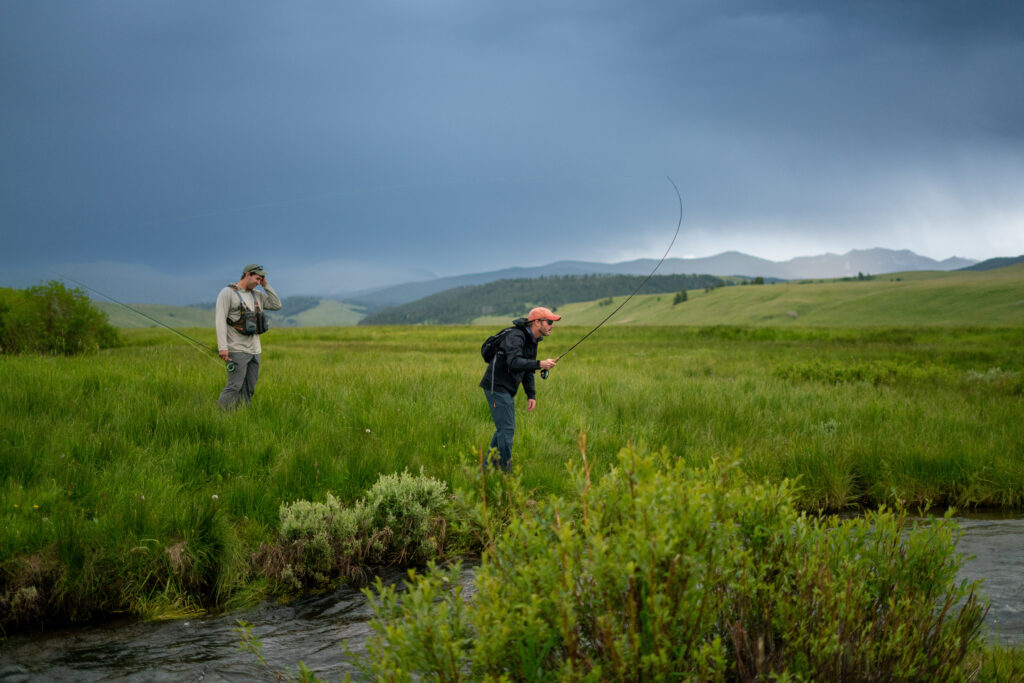
The Passage of the Bipartisan ACE Reauthorization Act
- The America’s Conservation Enhancement Reauthorization Act will benefit fish and wildlife while enhancing outdoor recreation opportunities for millions of hunters and anglers. TRCP applauds the House and Senate passage of this important bipartisan legislation and looks forward to building on the success of these crucial conservation programs that will benefit hunters and anglers for generations to come. The bill now awaits the president’s signature. Learn more
Prioritizing Big Game Migration
Across the West, hunters and anglers saw states invest in big game migration conservation in 2024. From Wyoming taking the first steps to identify another mule deer migration, to Idaho building over and under passes to promote habitat connectivity, to Colorado establishing public land management plans on BLM and USFS land to conserve the most sensitive big game habitats, these conservation measures will enhance hunter opportunity as herds will be able to more easily move daily and seasonally across the landscape.
Below are a few big wins for big game migration conservation from 2024:
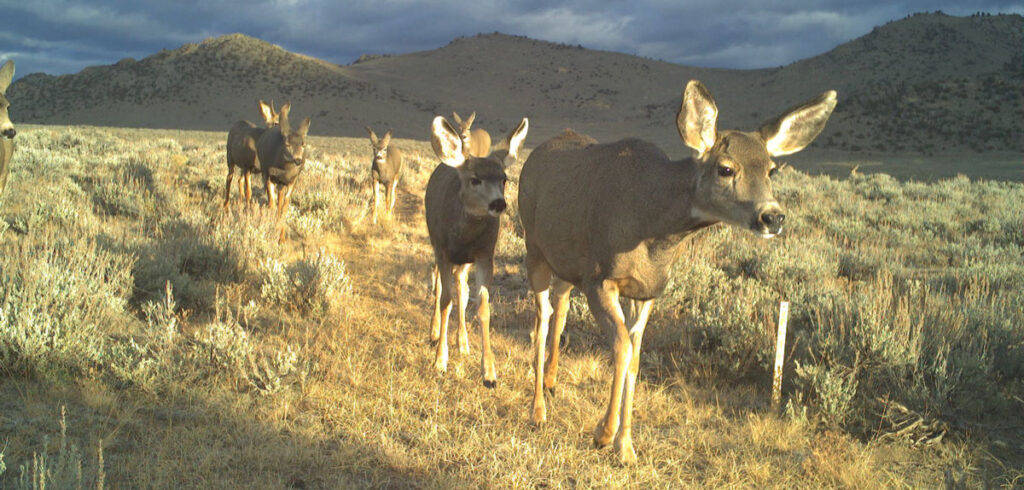
Securing a Responsible Approach to Solar Energy Development on Public Lands
- The refinements made by the BLM to the Western Solar Plan will help maintain seasonal habitats that are crucially important for the West’s big game herds. Learn more
Formalizing USDA’s Commitment to Wildlife Migration Conservation
- The signing of a Memorandum from Secretary of Agriculture Tom Vilsack recognized the importance of USDA’s role in conserving wildlife movement and migration habitats across public and private lands. The memo formalized and expanded the USDA’s commitment to migration conservation and enhanced benefits for wildlife habitat connectivity and corridors in partnership with public land managers, state agencies, Tribes, private landowners, and NGOs. Learn more
BIL and IRA Funding Hits the Ground for Conservation
The historic investments in the restoration and renewal of our nation’s public lands through the Bipartisan Infrastructure Law and the Inflation Reduction Act hit the ground in 2024, providing benefits to hunters, anglers, and outdoor recreationalists.
Here are just a few examples from 2024 on how this funding contributed to safeguarding our sporting traditions:
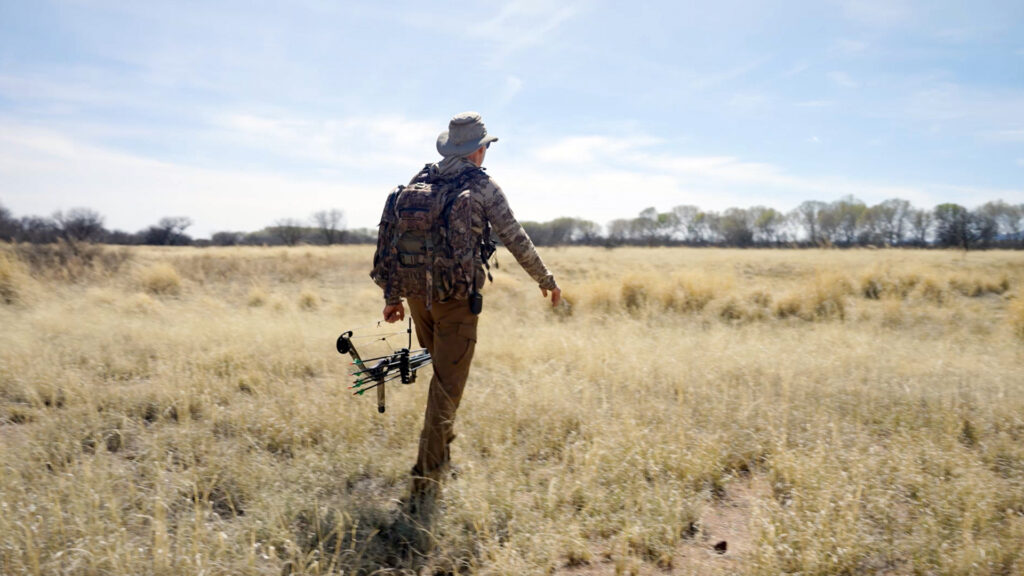
Unprecedented Private Lands Conservation
- The TRCP worked to ensure Inflation Reduction Act funding stayed in conservation and was used in ways that directly benefit fish and wildlife. This meant unprecedented work was done through several Farm Bill conservation programs, including the Environmental Quality Incentives Program, Conservation Stewardship Program, Regional Conservation Partnership Program, and Agricultural Conservation Easement Program. Through these programs, wetlands were restored and protected, upland habitat was enhanced, and water quality was improved, benefiting both hunters and anglers while improving agricultural producers’ bottom lines. Learn more
Increasing the Pace and Scale of Fish and Wildlife Habitat Restoration
- TRCP helped to secure more than $50 million in Inflation Reduction Act funds to increase the pace and scale of fish and wildlife habitat restoration on Bureau of Land Management (BLM) lands. These historic investments in restoring wildlife habitat and fisheries, improving hunting and fishing opportunities, and building resilience to drought will safeguard habitat for fish and wildlife, and ensure recreational opportunities for the next generations of hunters and anglers. The impacts of this funding can be seen across the nation, in places like Colorado’s San Luis Valley, Arizona’s Sky Islands, and Southeast Oregon’s Sagebrush-steppe landscape, among many other places. Learn more
Securing Widespread Wins for Hunters and Anglers
All hunting and fishing opportunities depend on quality habitat, from clean water and healthy wetlands to winter and summer habitats and the migration corridors that connect them. But the expansion of human development across the landscape—in our cities and towns, of our highway system, and from energy development and distribution—is threatening these habitats. TRCP drove a number of significant wins in 2024 that will benefit hunters and anglers for years to come.
Here are just a few widespread wins for hunters and anglers in 2024:
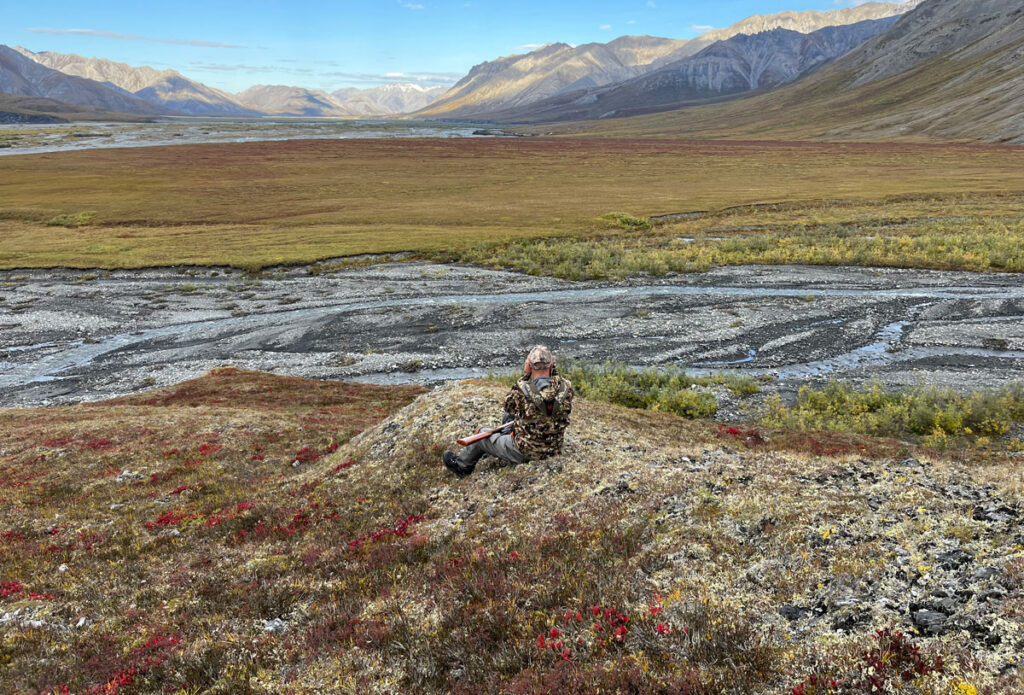
BLM Decision Prevents Proposed Ambler Road in Alaska’s Brooks Range
- In June, the BLM filed a Record of Decision to deny construction of the Ambler Road industrial corridor that would have sliced 211-miles across the southern foothills of Alaska’s Brooks Range. Over 14,000 hunters and anglers took action to support the BLM’s decision. Learn more
Louisiana No-Fishing Buffer May Be Preventing Fish Spills
- In February 2024, before the commercial pogy fishing season began, Louisiana’s Wildlife and Fisheries Commission approved a half-mile coastwide buffer prohibiting pogy boats from netting in near-shore Louisiana waters. After the half-mile buffer was enacted, 2024 saw the second-lowest number of fish spilled since records were made available. Learn more
The Passage of the Water Resources Development Act
- The Water Resources Development Act (WRDA) is a biennial piece of legislation that was passed by the United States Senate on December 18th and now awaits the president’s signature. This year’s WRDA has numerous TRCP- led provisions that advance funding for fish and wildlife habitat improvements, enhancing aquatic connectivity and water-based recreation, and updating recreational access information for hunters and anglers. Learn more
Wyoming Agrees to Sell the Kelly Parcel to Grand Teton National Park
- The Kelly parcel contains a section of the longest known pronghorn migration route in the world, numerous elk migrations, winter range for bighorn sheep and moose, and native cutthroat trout habitat. In November, Wyoming’s State Board of Land Commissioners agreed to sell the Kelly Parcel to Grand Teton National Park for $100 million – maintaining its outstanding wildlife resources and the ability to hunt and fish on the parcel in perpetuity. Learn more
The Defeat of Colorado Proposition 127
- In a win for science-based wildlife management and the hunting community, regulated mountain lion and bobcat hunting and trapping will continue in Colorado. Colorado Proposition 127 was counter to science-based wildlife management led by expert wildlife professionals and its defeat, thanks to the voices of TRCP partners and supporters, helps keep wildlife professionals engaged in wildlife management decisions. Learn more
Step into the Arena
Given all that we’ve accomplished this year to guarantee Americans quality places to hunt and fish, we hope you’ll consider supporting TRCP during this season of giving. You can help TRCP continue its mission, allowing you to keep enjoying your favorite outdoor pursuits. Whether those pursuits are on the water or in the field, TRCP has your back, but we can’t do it alone. We invite you to step into the arena with us and donate today!
